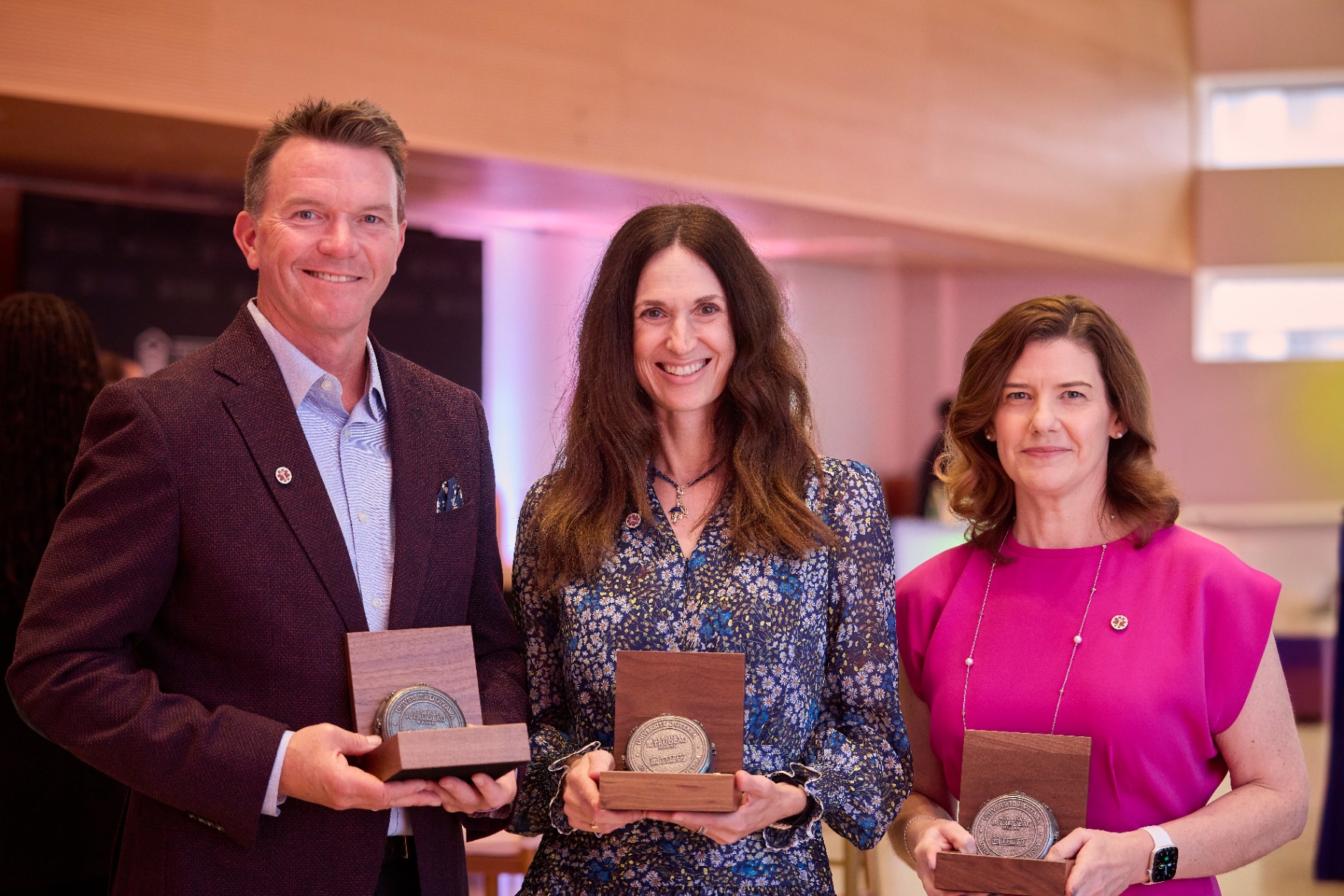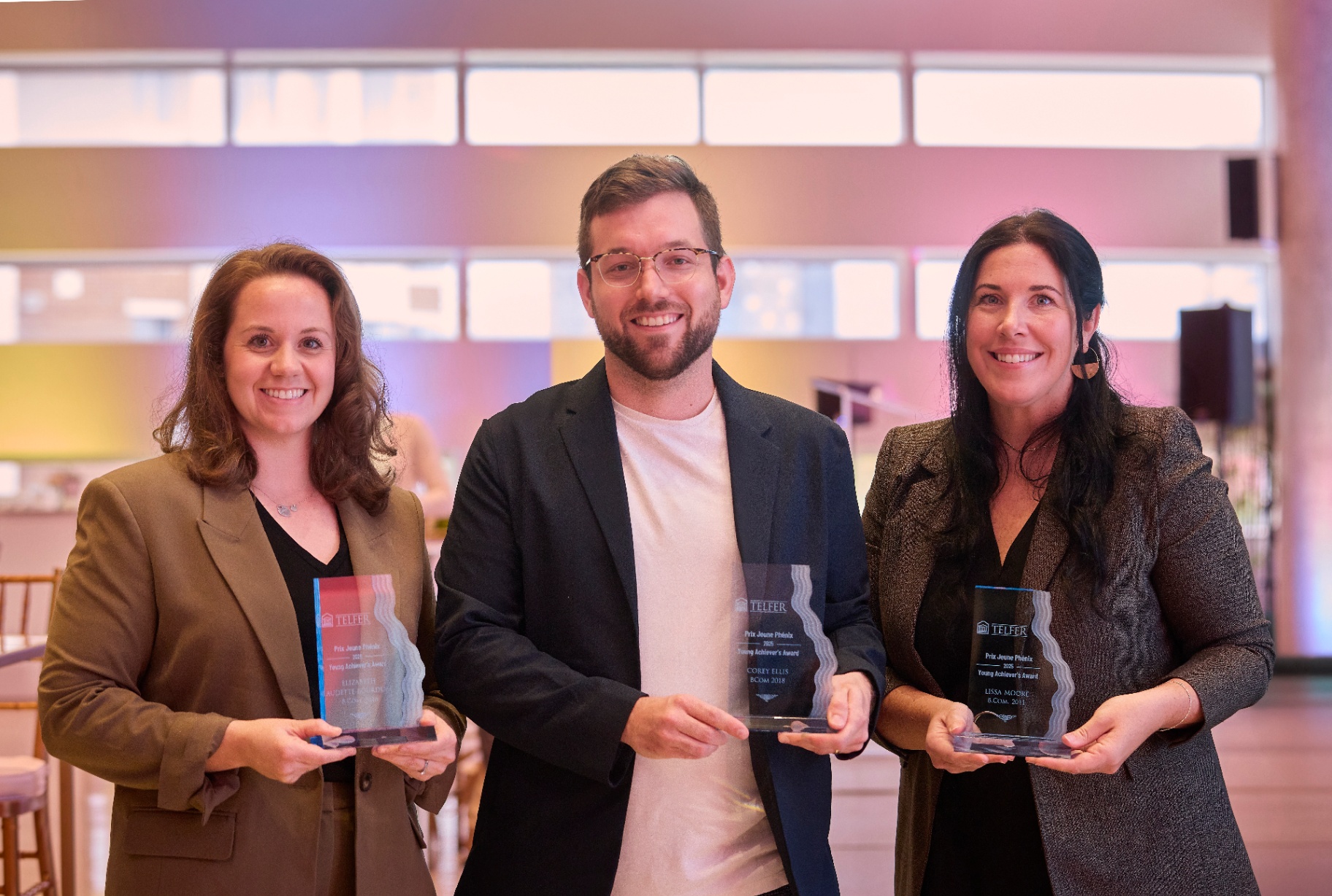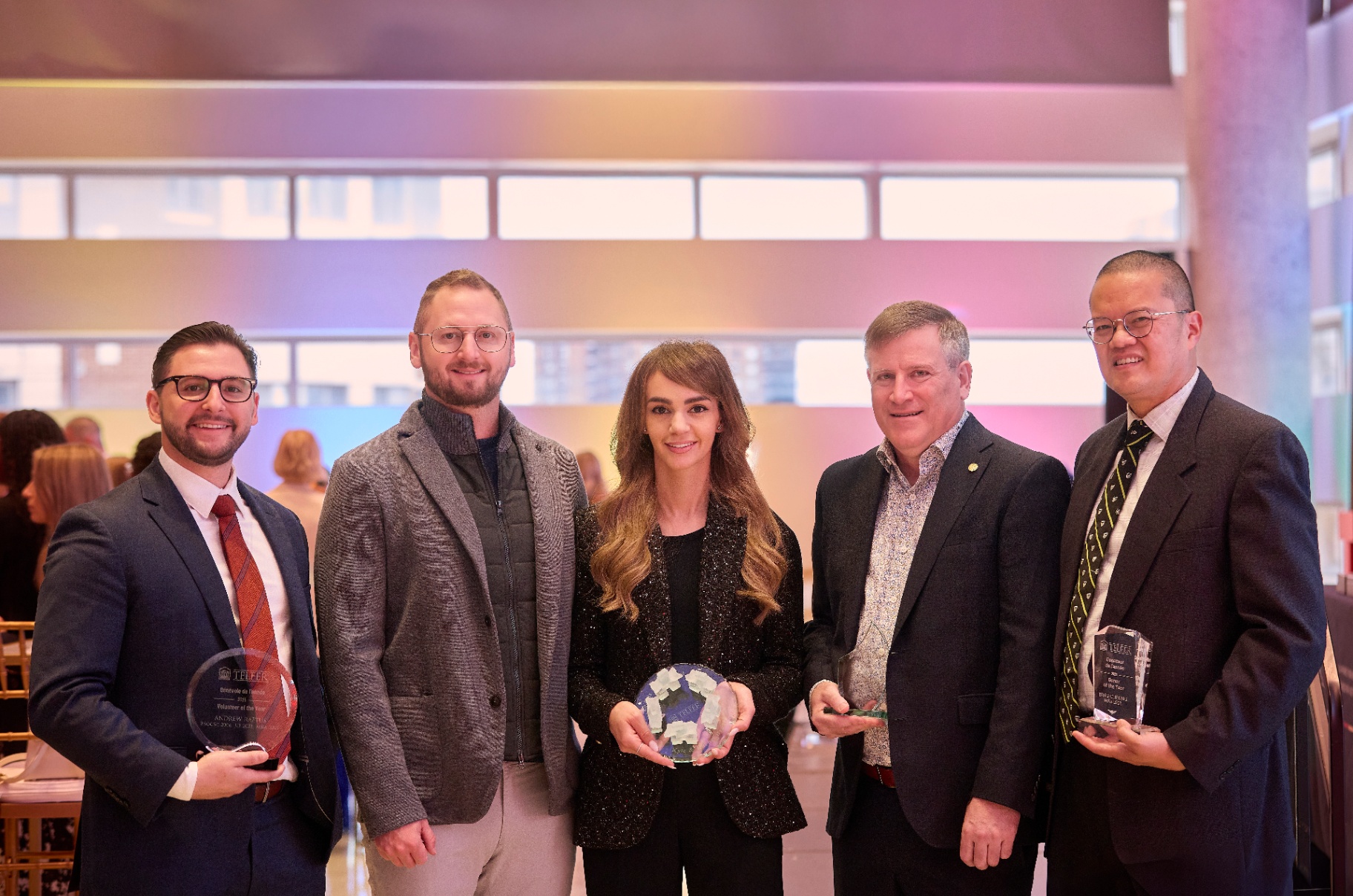When it comes to sustainable development, small and medium-sized businesses innovate in many subtle ways, says Martine Spence. (Photo: Andrea Campbell / University of Ottawa)
Be it for food, fashion or services, today’s consumers are leaning more and more toward products that are organic, locally produced, reusable and responsibly sourced. Sustainable development is no longer an abstract concept; it has infiltrated every area of daily life.
Is this just another fad or a genuine awakening? In any case, companies can’t ignore it, notes Martine Spence, a professor of marketing and entrepreneurship at the University of Ottawa’s Telfer School of Management.
For the past 10 years, Spence has studied the structure and analyzed the social engagement and sustainable-development practices of small and medium-sized businesses (SMBs). “These companies contribute heavily to national economies, and they create the majority of jobs out there, so their impact on the environment and on society in general is significant,” she explains. “I grew up in the south of France, where there were many small entrepreneurs. When I studied business, large corporations seemed too abstract to me, and too political. But SMBs are led by individuals who have a true passion for their craft, and that’s always intrigued me.”
So how do SMBs implement sustainable-development practices? What prompts them to do so, and what obstacles must they overcome? Martine Spence examines their behaviour on three fronts: respect for the environment, respect for individuals and respect for the community.
“We observed that the level of involvement depends on the entrepreneur’s own conviction. Those who lend importance to these issues in their private lives are the ones who take their business’s social and environmental responsibility to the highest level,” she says.
In fact, SMBs readily adopt green practices, from shutting down computers at night and installing energy-saving thermostats to choosing active transportation and opting for energy-efficient technologies. “SMBs are particularly innovative and flexible; they don’t have shareholders and can quickly adjust their strategy,” says Spence.
She points out that investing doesn’t frighten them either, and that when SMBs buy in, they innovate a lot because they know it will lead to a good return. She adds that for most of these entrepreneurs, making money isn’t the primary goal; it’s more a question of being part of the community and of pursuing their passion.
What is the situation in other countries? Are the same challenges at play? As a member of the Observatoire international du développement durable en PME (Université de Montpellier) in France, Spence also studies the internationalization of SMBs, and she recently compared those in Canada, in Cameroon and in Tunisia. She found that “sustainable development isn’t yet ingrained in the mindset of the South, even if some Tunisian entrepreneurs see in it an opportunity, as it can help them do business with European nations.”
That said, SMBs are nonetheless engaged in their communities, remarks Spence, with some donating a sheep to the community at Eid, for instance, because social engagement is an intrinsic part of their lives, mostly driven by religion.
In the era of globalization, Spence’s findings show that the widespread adoption of sustainable development will be achieved only if sociocultural contexts are considered, and that inspiration for that ideal can come from everywhere—from the North and the South.
by Marine Corniou







